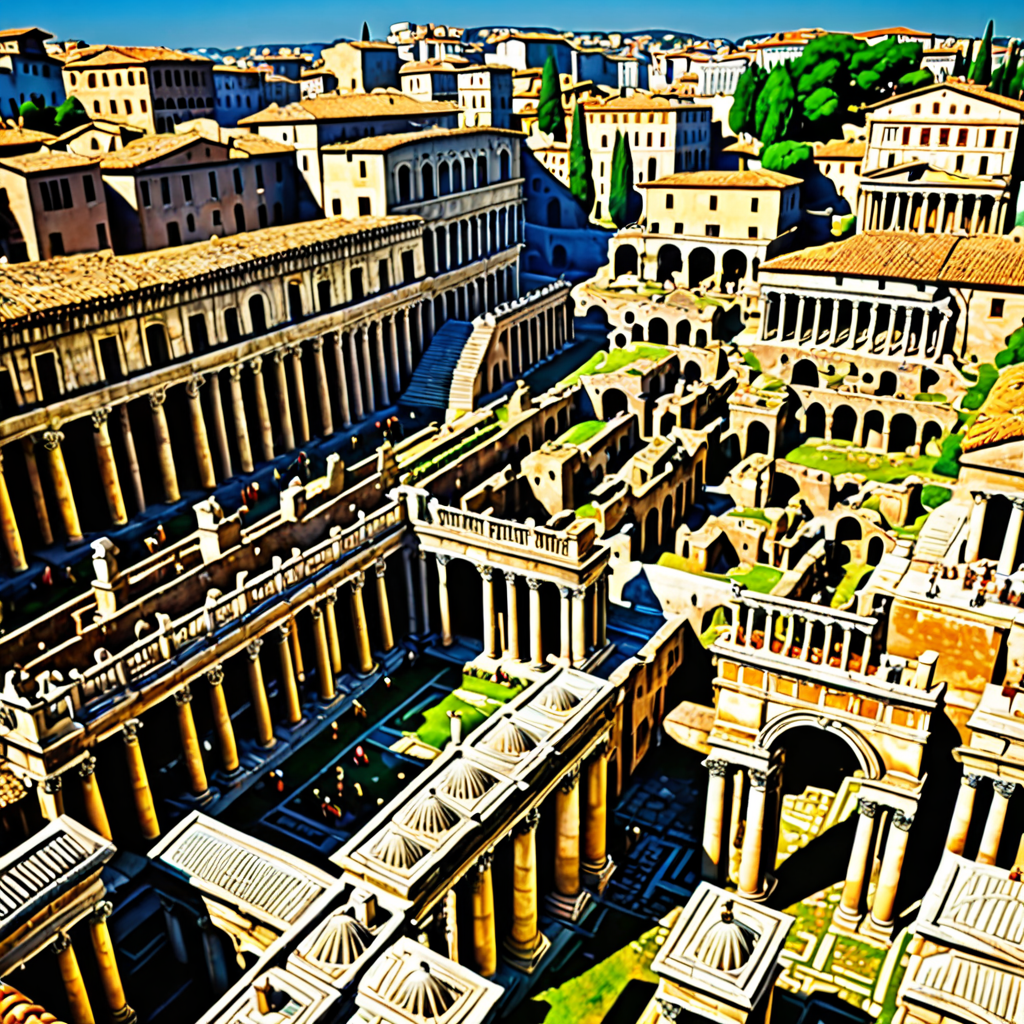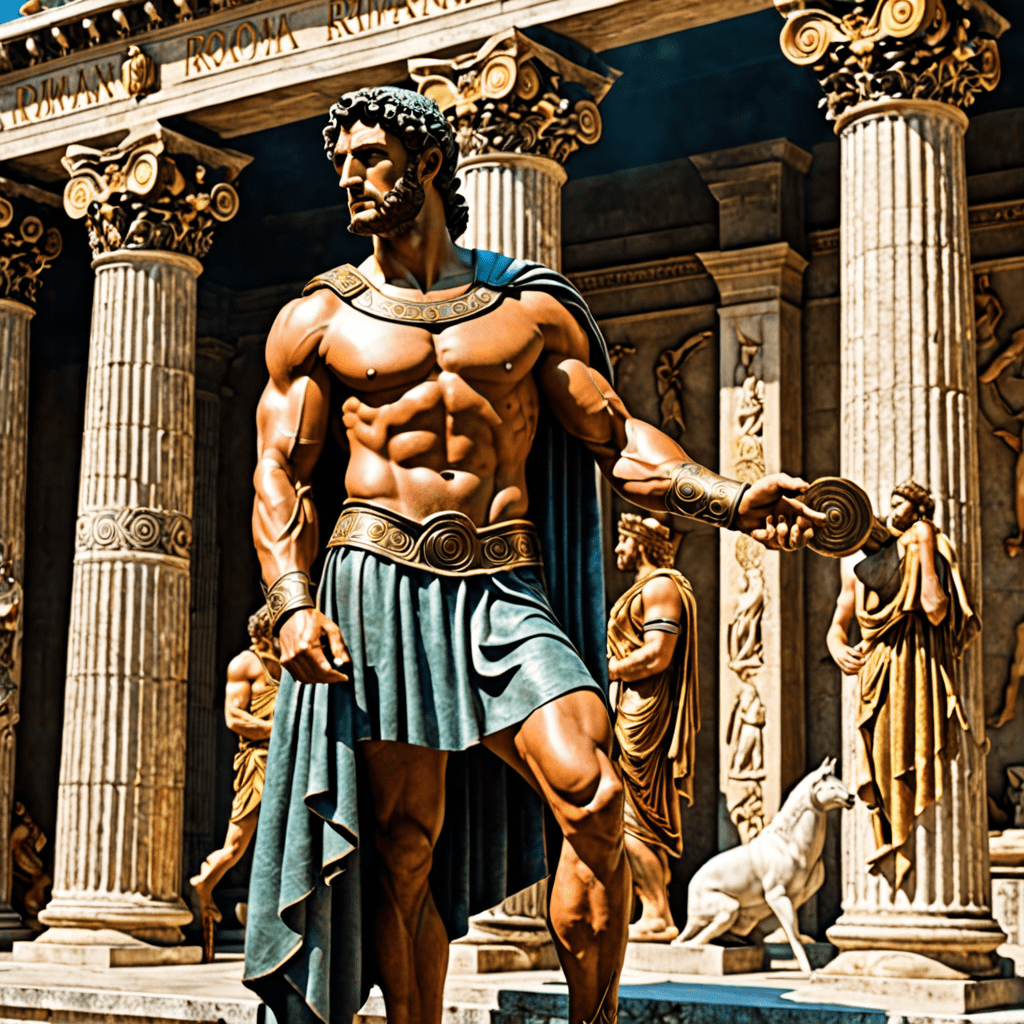The Mythological Origins of Roman Cities and Urbanization
Introduction to Roman Urbanization Myths
In ancient Roman mythology, the establishment of cities was often attributed to divine or legendary origins. These myths not only reflected the cultural beliefs of the time but also provided explanations for the origin and development of urban centers in ancient Rome.
Rome Founded by Romulus and Remus
One of the most famous myths surrounding the founding of Rome is the story of Romulus and Remus. According to legend, Romulus and Remus were twin brothers raised by a she-wolf. When they grew up, they decided to establish a city but disagreed on its location. Romulus favored the Palatine Hill, while Remus preferred the Aventine Hill. Through a divine sign, Romulus was chosen as the founder and subsequently founded Rome on the Palatine Hill in 753 BC.
Venus and the Founding of Lavinium
Another mythological tale central to Roman urbanization is the story of Venus and Lavinium. Venus, the goddess of love, is said to have chosen Lavinium, a city near Rome, as the site where her son Aeneas would found a new settlement. Aeneas, a Trojan hero, traveled to Italy after the fall of Troy and established Lavinium, which later became an important predecessor to the founding of Rome.
Jupiter Optimus Maximus and the Protection of Cities
In Roman mythology, Jupiter Optimus Maximus was the king of the gods and the protector of the city of Rome. His temple on the Capitoline Hill served as a symbol of Roman unity and divine protection. Romans believed that performing rituals and offerings to Jupiter ensured the continued prosperity and safety of the city and its inhabitants.
By exploring these myths and legends, we gain insight into the ancient Roman beliefs surrounding the origins of cities and urbanization. These stories not only shaped Roman identity but also influenced the development of urban centers in the ancient world.
FAQ: Mythological Origins of Roman Cities and Urbanization
What role did mythology play in the founding of Roman cities?
Mythological tales often provided the basis for the establishment of Roman cities, with legends attributing the founding of cities to gods, heroes, or mythical figures.
Which mythological figures were associated with the urbanization of Rome?
Romulus and Remus, twin brothers raised by a she-wolf, are central to the founding myth of Rome. Their story of sibling rivalry and the eventual founding of the city reflects the blend of human and divine elements in Roman urbanization myths.
How did these myths shape the development of Roman urban centers?
Mythological narratives not only provided a sense of origin and identity for Roman cities but also influenced the layout, architecture, and religious practices within these urban centers, leading to a symbiotic relationship between myth and urban development.
Did all Roman cities have mythological origins?
While not all Roman cities were directly linked to myths, many urban centers in the ancient Roman world embraced mythology as a means to legitimize their existence and enhance their significance in the eyes of the populace.
What significance do these mythological origins hold for the understanding of Roman urbanization?
Studying the mythological origins of Roman cities offers valuable insights into the cultural, social, and religious beliefs



